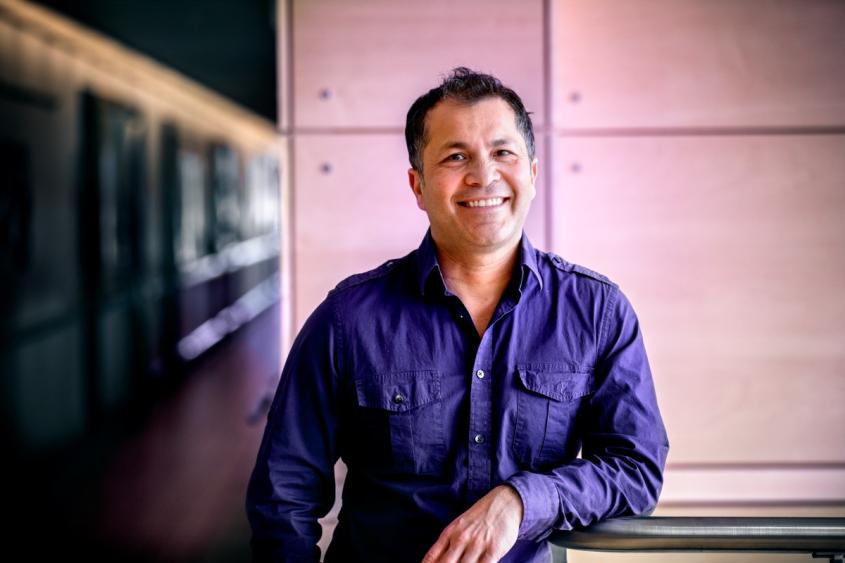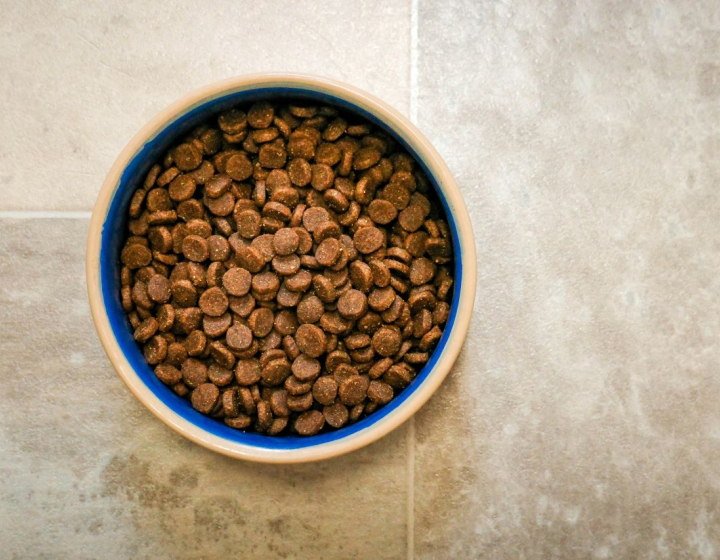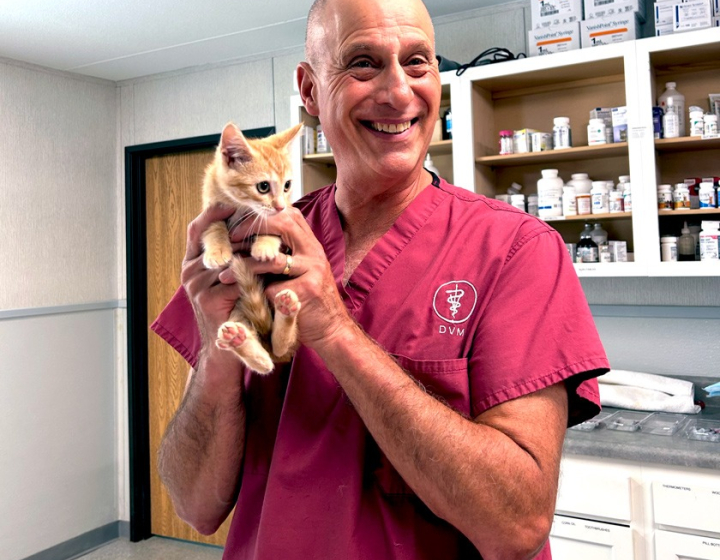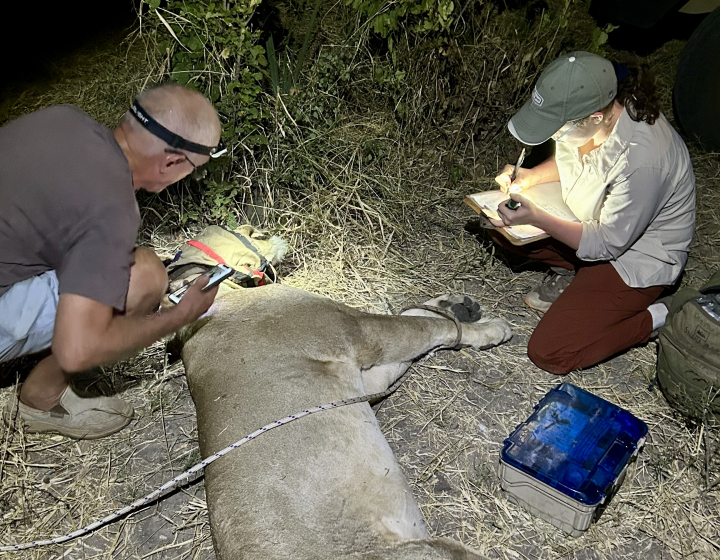Dr. Hector Aguilar-Carreno named president-elect of the American Society for Virology
Dr. Hector Aguilar-Carreno, professor of virology in the Department of Microbiology and Immunology at the Cornell University College of Veterinary Medicine, has been named the president-elect of the American Society for Virology. He is the first Latinx person to be elected to this role, and begins his term this June, serving until 2024, after which he will become ASV president until 2025. As a leader in the field of virology, Aguilar-Carreno studies viral entry and egress, as well as immune responses and vaccine and antiviral development. Recently, he developed a nasal-spray treatment to protect against COVID-19.
Recently, we had the opportunity to talk to Aguilar-Carreno about his recent election to the ASV presidency:
Q: What has been your reaction to being named President Elect of the ASV?
At first it was a bit of a humbling shock for me, since it is such a prestigious position. I feel that my scientific contributions to the field of virology as well as my non-scientific contributions to the virology community are both validated and esteemed by the community.
Q: How does it feel to be the first Latinx person to be elected to this position?
It is such an honor. When I was asked whether I would like to be nominated for the position, I thought that if I didn't go for it, several additional years may pass before the first Latinx virologist gets nominated. That encouraged me to say yes now, since undergraduate, graduate, and postdoctoral trainees need to see diversity in the leadership of their institutions, including ASV.
Q: Can you speak to the need for more diverse voices and views in the field of virology?
Diversity not only adds equity, but also adds quality to every important scientific field and enterprise we engage on. Virology is not the exception. We need diversity of thought, of methodologies, and also of the scientists that perform those thoughts and methodologies to push and lead virology research and communication forward. Diversity of the cultures and knowledge of the biomedical workforce enhances the outcomes, as has been proven time and time again in many fields and ventures.
Q: As president of the ASV, what do you hope to accomplish?
First and foremost, I want to ensure our ASV society continues to be recognized globally as a highly (if not the most highly) influential virology society. I want to make sure that as a virology society we are not only great at doing science, but at communicating with the general public what that science means. How our scientific efforts affect the world in a positive way. How funding and efforts invested in virology are funding and efforts well invested.






